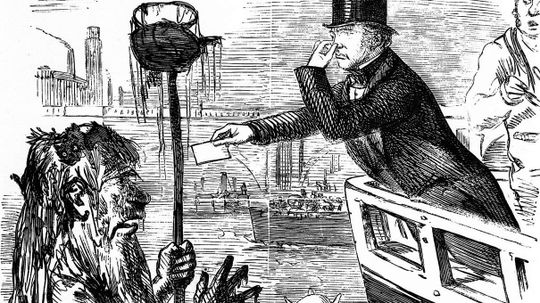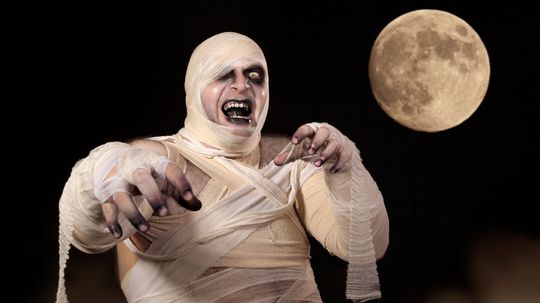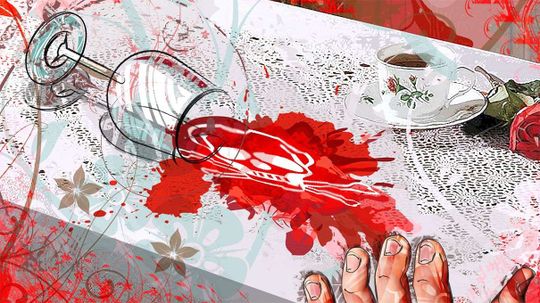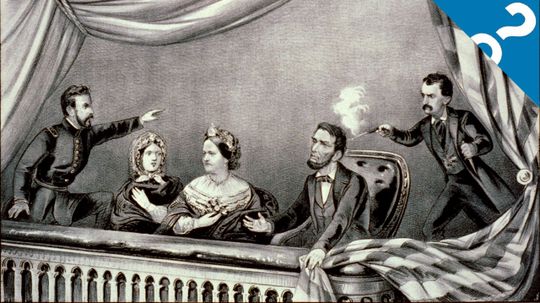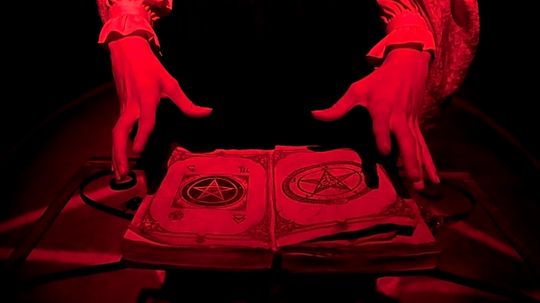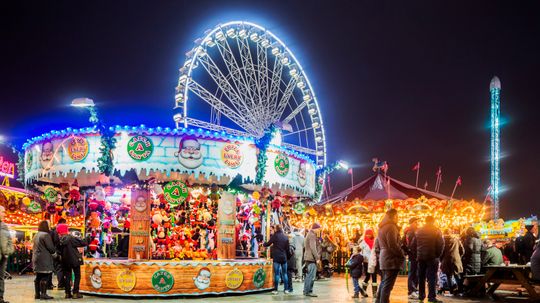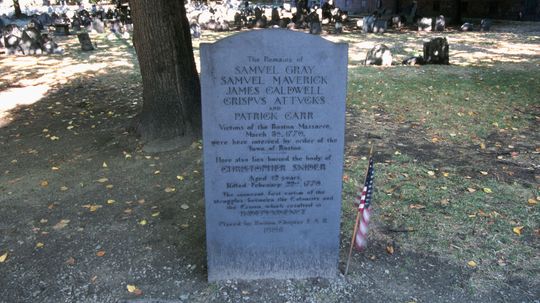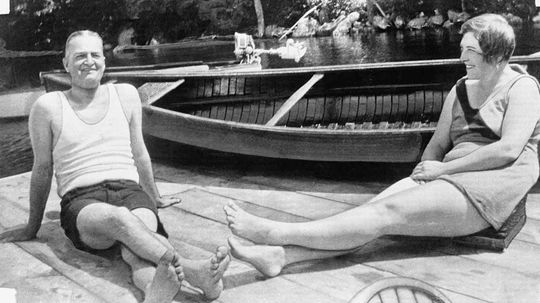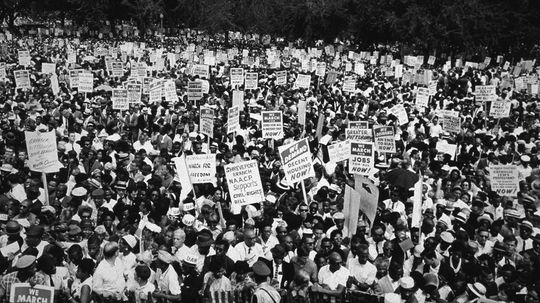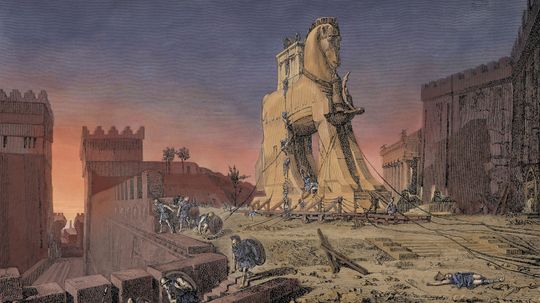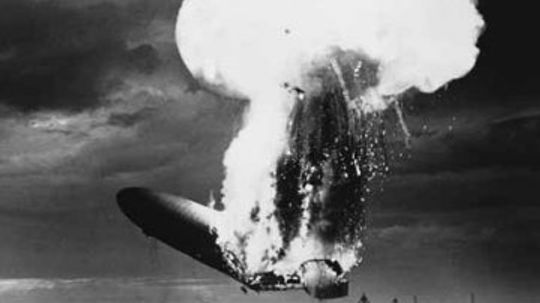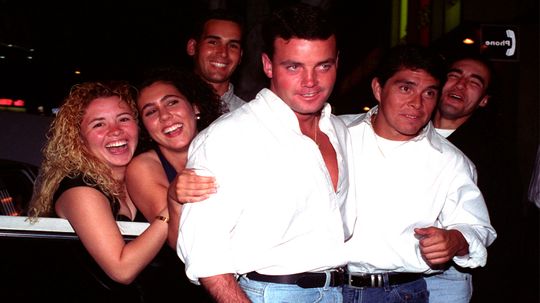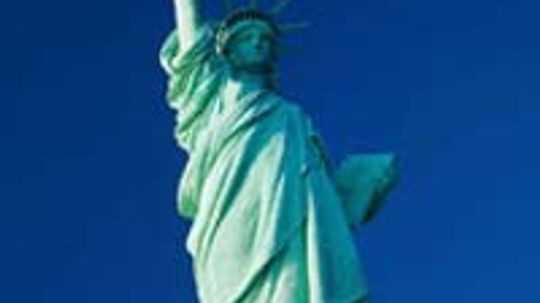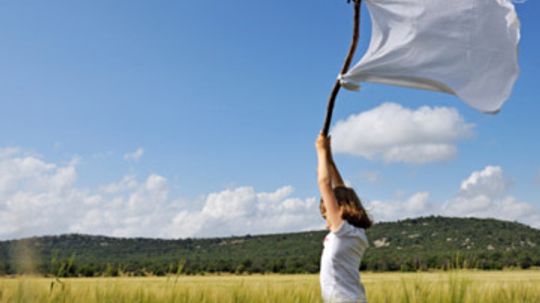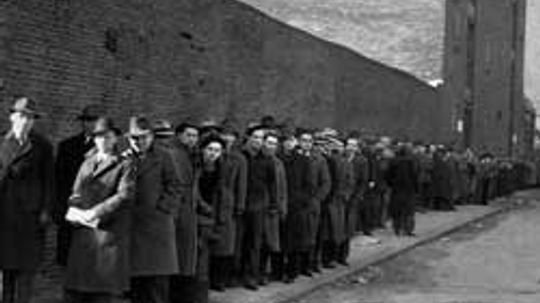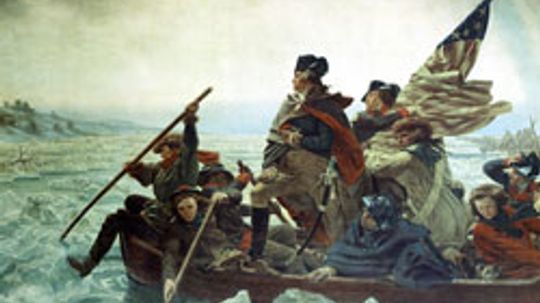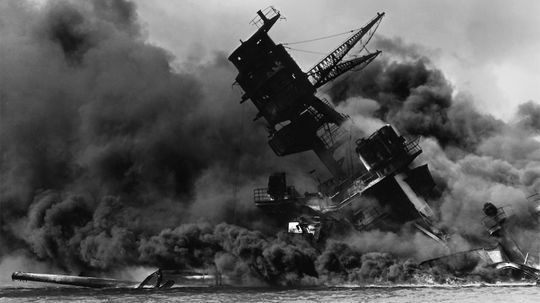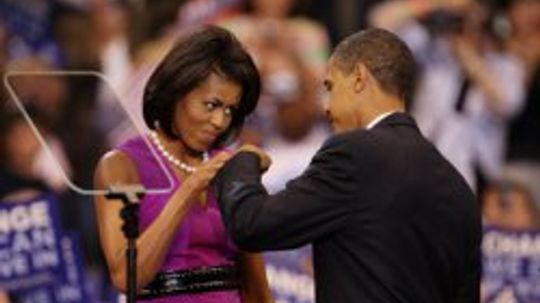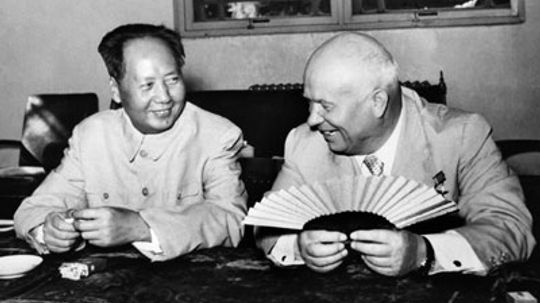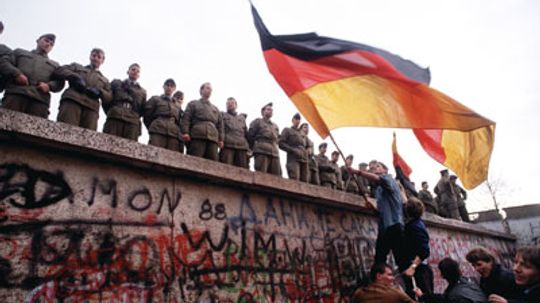Historical Events
From the Age of Enlightenment to the Christmas Truce, learn about some of history's most pivotal events.
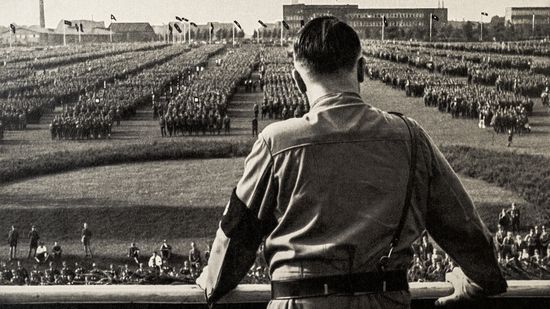
10 of the Worst People in History: A Leadership Hall of Infamy
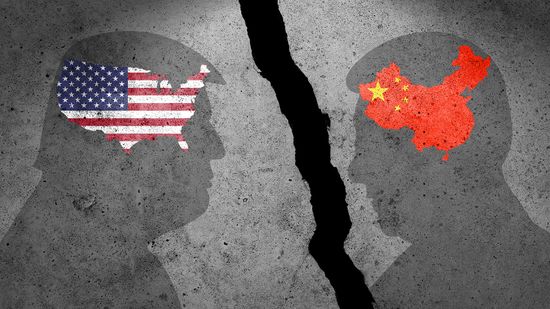
The Most Powerful People in the World Aren't Always the Richest
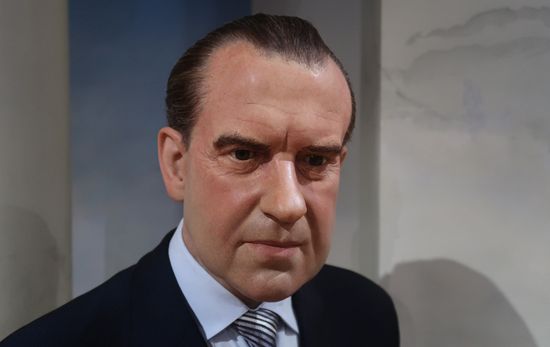
The Youngest Vice President in U.S. History (and 5 Close Contenders)

The Madden Curse Debate: NFL Legends Weigh In on the Phenomenon
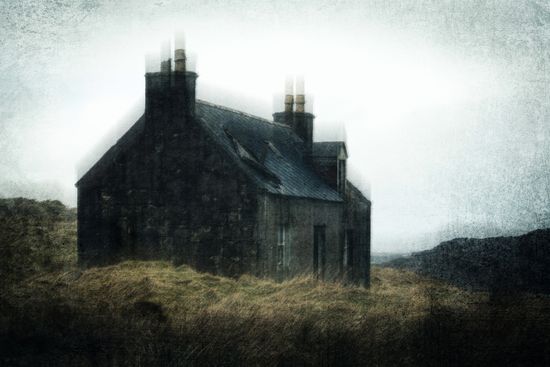
Most Haunted Places in the World: True Encounters and Tales

Is Santeria Considered Witchcraft? A Deep Dive into the Tradition
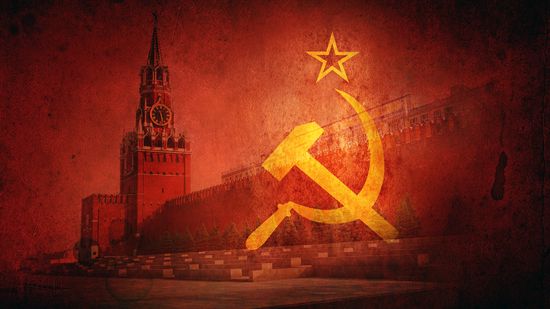
Why Did the USSR Fall? The Real Costs of Becoming a Superpower
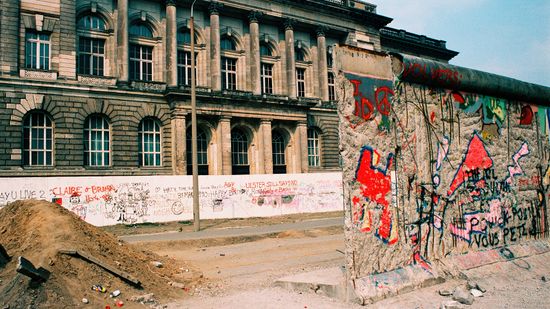
Why Did the Berlin Wall Fall?

Why Did the Roman Empire Fall? Corruption, Inflation, and Division
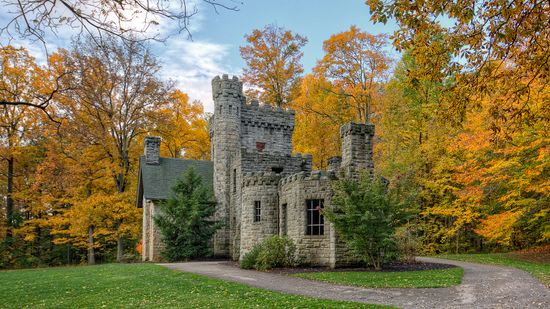
There Are Castles in Ohio? No Foolin'?

10 Least Diverse States in the U.S.
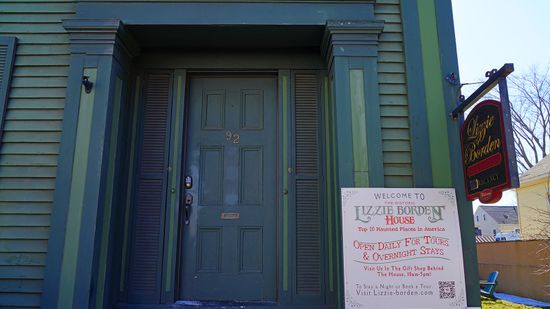
10 Most Haunted Places in America: Stanley Hotel, Queen Mary, and More
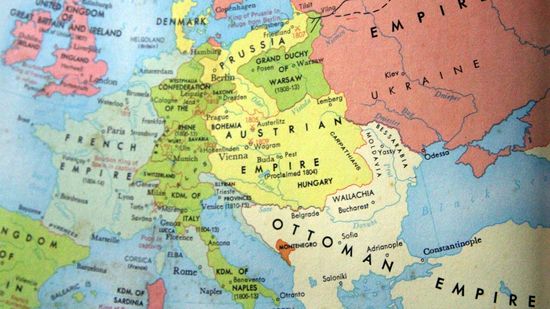
Why Did the Ottoman Empire Fall During the Industrial Revolution?
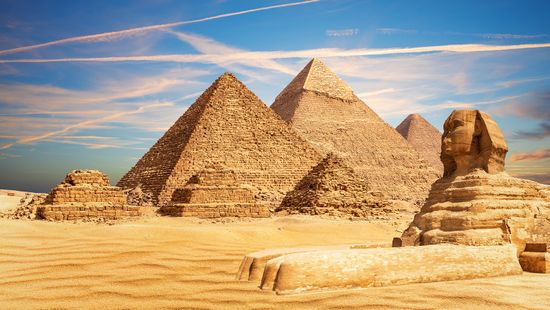
Why Did Ancient Egypt Fall When Rome Entered the Picture?
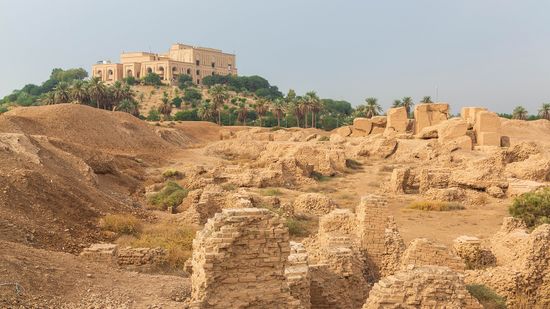
Why Did Babylon Fall? Lessons in History and Religion
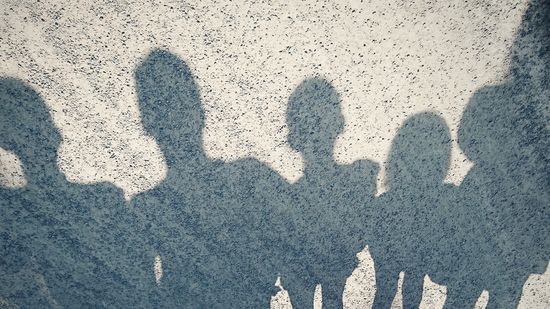
Hiroshima Shadows Preserve One of History's Darkest Moments
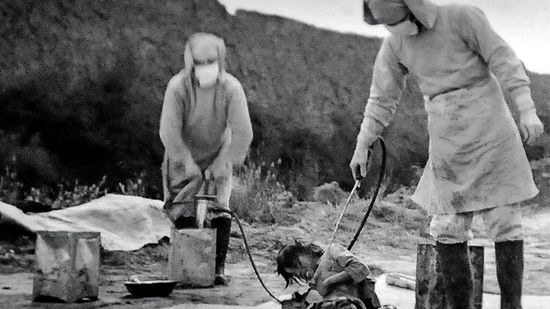
Unit 731: Inhumane Medical Experimentation During WWII
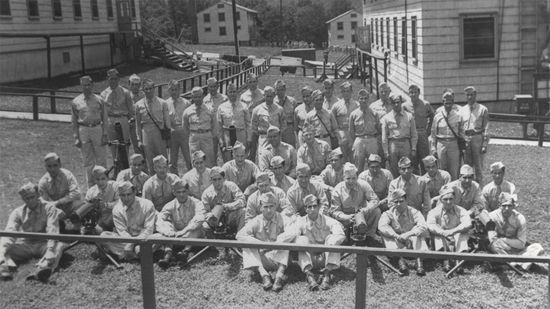
How the Ritchie Boys, Secret Refugee Infiltrators, Took on the Nazis
Learn More / Page 6
During the sweltering summer of 1858, a foul smell inundated London. No one's nose was safe. This is how Londoners responded.
No need to buy a movie ticket for thrills and chills. The real world is full of creepy happenings to keep you awake at night.
Poison pros turned to arsenic throughout the ages, until one man totally killed the all the fun.
Advertisement
Join Holly Frey of Stuff You Missed in History Class as she explores the impact of presidential assassinations with Bryan Young, author of "A Children's Illustrated History of Presidential Assassination."
In 2008, a team of researchers combed through old books, papyruses and stone tablets to find the oldest joke in the world. Does it stand the test of time?
By Debra Ronca
The '80s were a strange decade. Despite the lingering threat of nuclear annihilation, Americans still found time to fear nonexistent cult movements intent on sacrificing children. Venture into the world of satanic panic.
By Robert Lamb
The love affair with amusement parks began in Coney Island, New York. In 1884, thousands of people flocked here to ride on La Marcus A. Thompson's Switchback Gravity Pleasure Railway. This Pleasure Railway offered the chance to speed along its 450-foot track at 6 mph. By 1927, the Coney Island Cyclone, which travelled at 60 [...] The post The Craziest Amusement Park Accidents That Resulted In Death appeared first on Goliath.
By Kevin Saltarelli
Advertisement
Health panics are often caused by misinformation in the media. Learn more about 5 health panics caused by misinformation in this video from HowStuffWorks.
The word "massacre" conjures up images of the senseless slaughter of thousands. But some, while still tragic, claimed only a few lives. Here are five with huge historical impacts.
Accidents happen, they say, but some actually make the world a better place. Where would we be without the accidental discoveries of beer, penicillin or Popsicles?
By Dave Roos
What do George Washington's false teeth, a 42-ton steel sculpture and the crew of Flight 19 have in common? They all mysteriously vanished.
Advertisement
The 1963 March on Washington for Jobs and Freedom ensured the passage of the Civil Rights Act and made Martin Luther King Jr. an American hero. But its success was not assured at the beginning.
Everyone makes mistakes, but some lapses in judgment are spectacularly bad. What are some of history's most epic miscalculations?
On May 6, 1937, the Hindenburg, the largest airship ever built, crashed and burned in Lakehurst, N.J. Thirty-six people were killed, including one person on the ground.
The concept of revenge predates legal history; you could even say that it's part of who we are as humans. But sometimes the need for vengeance can kick into overdrive - as in these 12 infamous acts of revenge.
Advertisement
The ideas of the Age of Enlightenment turned to action when the U.S. broke from King George III and British rule. How did 18th century intellectual ideals incite revolution?
Whether it's the topic of a holiday greeting card or a beauty pageant question, peace on Earth is on almost everybody's wish list. But has the world ever been truly peaceful?
The United States economy crumbles and rebuilds itself with astonishing regularity, falling from periods of economic success into panic. What are five of the worst financial panics in history, and what can they teach us about our current recession?
The Revolutionary War involved bloody battles and courageous heroes, and led to the foundation of the U.S. Explore the historical moments of this nation-building rebellion.
Advertisement
June 6, 2022, marks the 78th anniversary of what some call one of the gutsiest battles in WWII history: D-Day, aka the Invasion of Normandy.
By Jane McGrath & Sarah Gleim
The year 2008 in pictures includes everything from newsmakers like Robert Mugabe and Michael Phelps to events like the Myanmar cyclone. See 2008 in pictures.
If you haven't been keeping news clippings for your 2008 scrapbook, you might've forgotten what happened earlier this year. That's where HowStuffWorks comes in. Here are 10 headlines from 2008 that'll go down in history.
There's more to Beijing than meets the eye at street-level. Under bustling sidewalks is a subterranean city with its own classrooms, movie theater and restaurants.
By Josh Clark
Advertisement
Much of the ice has melted, and the woolly mammoths are long gone. But could we still be in an ice age and headed for another?
The Berlin Wall splintered a city and divided a country, but it may also have prevented nuclear war. Why block off a city with concrete, barbed wire and land mines?
